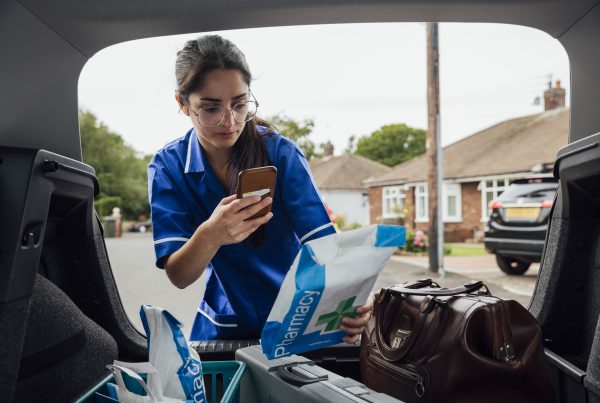The system of exception reporting outlined in the 2016 junior doctor contract ensures that departures from planned working hours, working pattern or access to planned training opportunities are recorded. The BMA, Royal College of Physicians and NHS Employers have all issued guidance on exception reporting as well as publish resources for guardians of safe working hours.
This is a complex role and as well as acting as a champion of safe working hours for doctors in approved training programmes, guardians have to ensure that issues identified in exception reports are being addressed. This could be continued under-staffing on a ward, staying at work consistently after hours, or finding that the design of a rota is unworkable in practice.
Guardians often rely on electronic reporting and dashboards to present large volumes of data in a way that is accessible and meaningful. However, this can lead to the interpretation that hours are the main issue when a broader outlook is required.
So, what should trusts and guardians of safe working be looking for? One area to consider is additional hours – a regular review can help to determine whether there are issues on particular wards. The quality of exception reports should also be investigated. For example, the details around the incident that is being reported. Simply finishing late is less useful than detailing why a doctor may have finished late and whether there had been any breaks in the day.
Guardians could also be looking to find out more about the culture of reporting which might vary from ward to ward and between specialities. For instance, are there departments where exceptions reports are never raised? This could indicate that all is well or alternatively that intimidation is preventing concerns being raised.
As the requirements and complexities of exception reports continue to evolve, it is also a useful exercise to review whether enough time is being allotted for Guardians to resolve exceptions efficiently and fairly. The role of strong audit trails like real time rostering will also have a part to play in making this process of obtaining the facts even easier for the Guardian over the coming months.
Allocate works with around half of all NHS organisations to create compliant rotas for doctors in training. This helps them meet the requirements of the New Deal, the 2016 junior doctors’ contract and the European Working Time Directive, as well as helping to anticipate rule breaches avoiding significant unexpected cost and safety impact that may arise from non-compliance.

Mike Sealy has a varied international background, having been born in the Caribbean, he has worked across the entire chain of English speaking Caribbean islands as well as the Bahamas as an IT consultant in the Insurance and banking sector. Mike migrated to the UK in 2002, mainly to complete his Master of Science in International Marketing Management , and joined Zircadian limited in March 2007 having previously worked as an infrastructure specialist in London. He took over the role as Sales Manager for the organisation with remarkable success for the next 5 years and moved into the role of National Sales Manager for medics after the acquisition of Zircadian by Allocate Software. Mike subsequently took on increasingly strategic responsibility as the focus of medics grew with Allocate and was promoted to Director Health Medics October 2015 where along with strategic responsibility for the development of the entire medics portfolio, he also manages a specialist medics sales team for the UK.




